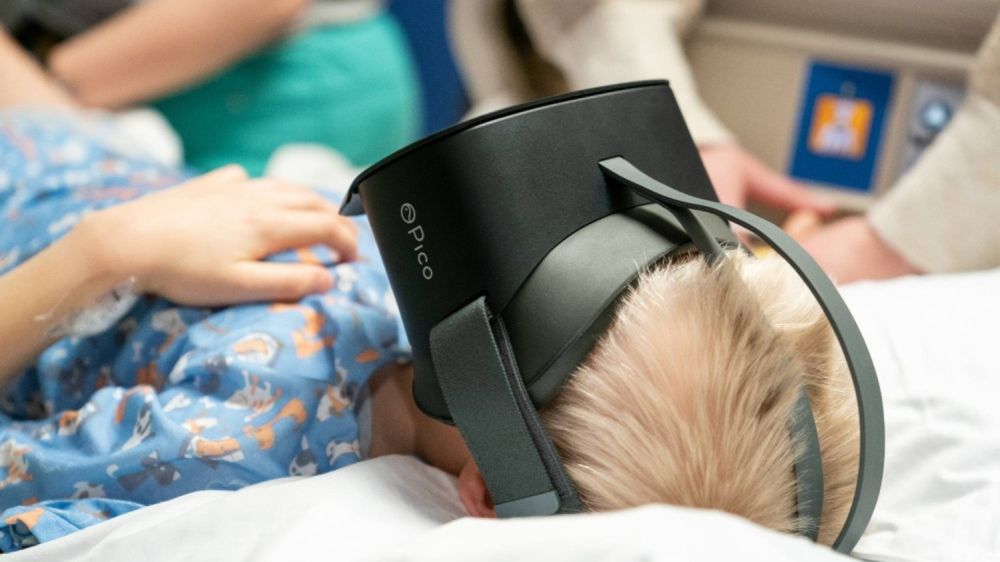For more than 125 years, Gillette Children’s has been a leader in caring for children with complex brain, bone, and movement conditions. Today, that legacy continues through a unique blend of expert clinical care and groundbreaking clinical research - made possible by the generosity of donors like you.
Over 100 patient-centered research studies are currently underway at Gillette, advancing knowledge in eight key areas: cerebral palsy, neuroscience, spine, motion analysis, pain and comfort, orthopedics, rehabilitation, and health services. Each study has the same goal: to improve the lives of children who have disabilities and complex conditions.
Children often experience anxiety during cast removal. This challenge was the impetus for a study which recently was published. Researchers tested the use of virtual reality (VR) compared to standard care for children ages 4 to 12 undergoing their first cast removal. Results showed that children who used VR reported significantly less anxiety compared to standard care. Parents, too, reported lower stress levels and greater satisfaction with the experience. Full study details are available on the National Library of Science site.
Beyond casting, Gillette’s Child Life Specialists use VR during a variety of hospital procedures - or simply as a distraction while patients wait, whether it’s before an MRI or while recovering from surgery. By immersing kids in calming and engaging virtual environments, this technology helps them feel as if they’ve stepped outside the hospital, offering a welcome distraction from the pain and discomfort that may be experienced during medical procedures.

Gillette Children's research uncovers new tools - such as virtual reality goggles - for increasing comfort during clinic visits and procedures.
Why This Work Matters
Even routine hospital procedures can provoke fear and anxiety. By studying human-centered technologies like VR, Gillette is creating new ways to ease those experiences, while ensuring that every innovation is safe, effective, and grounded in research before being scaled across our system.
“It's our goal to make patient care as comfortable as possible, so we're always looking for new methods and treatments to reduce pain and anxiety,” says Chantel Burkitt, PhD, Co-Director of the Pain and Comfort Research program at Gillette. Donor support helps make this possible. Your contributions not only power today’s discoveries, like the VR cast removal study, but also pave the way for tomorrow’s breakthroughs in gait analysis, pain management, rehabilitation, and beyond.
 Home Page
Home Page

